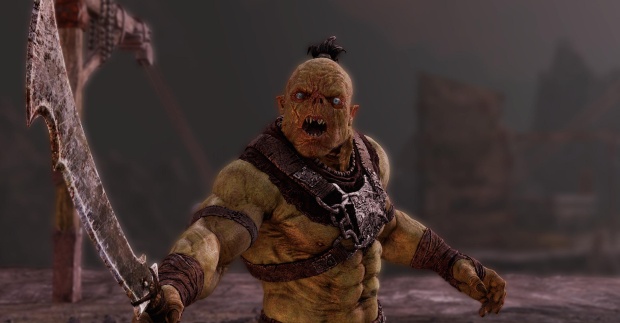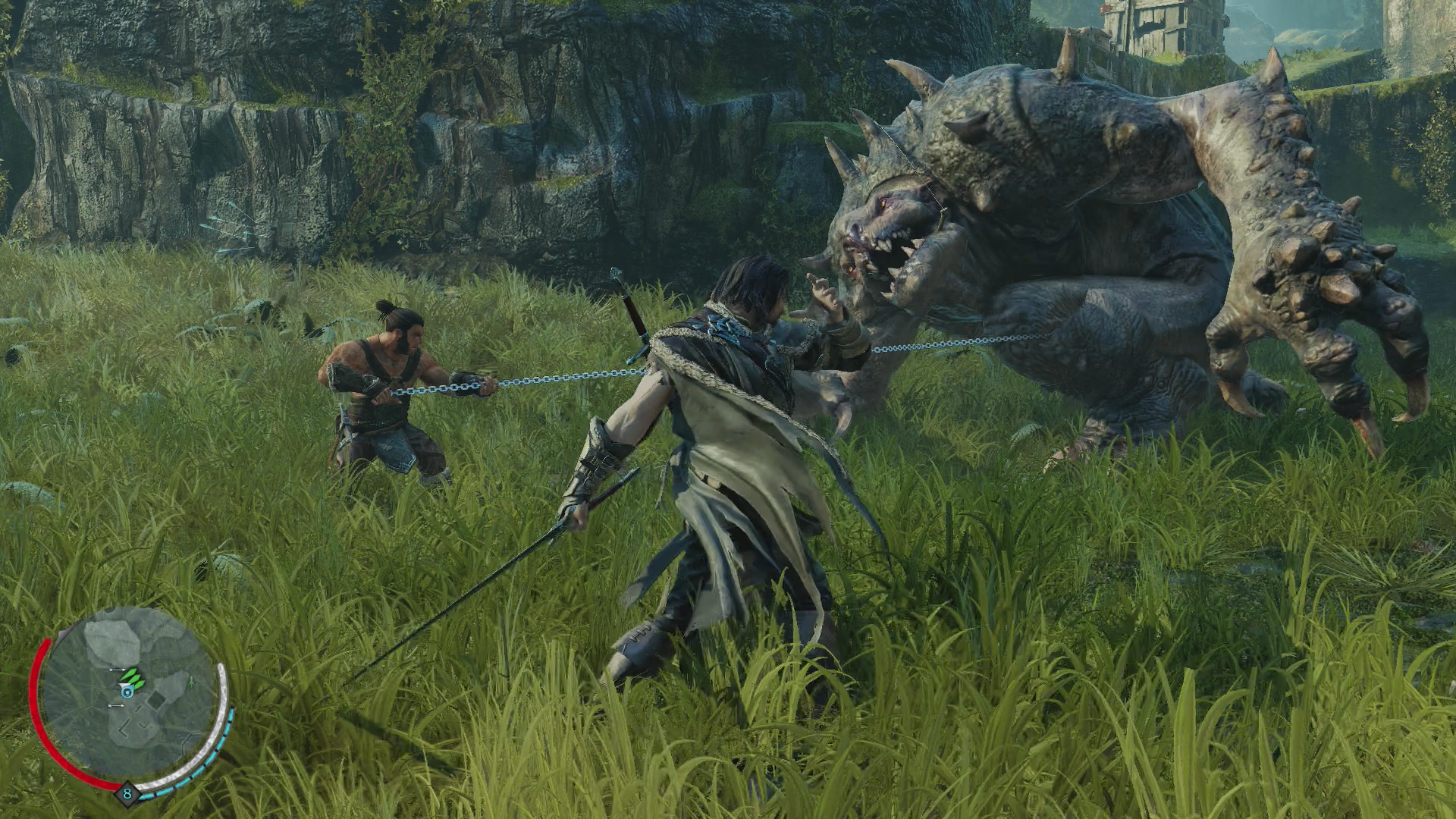

As I turned to face the grunts, another Orc Captain appeared. More and more Orcs began to pore in but I managed to kill him. He was immune to stealth attacks and due to my weakened starting state, I struggled to fight him off. I dropped down, knife out but instead of killing him in one-hit, he threw me off and called for reinforcements. I didn’t have any Intel on him (essential for identifying enemy attributes) but having stealth killed a few Captains by now, I was fairly confident I could kill him without difficulty. I was in a stronghold when I spotted an Orc Captain walking alone. One of the more memorable moments I had playing Mordor was during the first half of the game.

To make the game even more challenging, Orc abilities can range from annoying, debilitating or devastating (and sometimes all at once). Succinctly, the Nemesis system comprises the highest ranking members of Sauron’s army but it also injects each Orc Captain with a personality, unique name, rank and varying sets of abilities. The Orcs rule the land of Mordor through the violently chaotic Nemesis system. Therefore, it was initially refreshing to see Middle-Earth: Shadow of Mordor defiantly set the balance from the start by making the player the weaker force. Balancing power between the player and the game thus becomes an essential component of balancing between the fun and the challenge without the difficulty, Super Meatboy would have never been the same and without the fun, your favorite game may have never found its way into your backlog. If the player is too powerful, the player puts down the controller because the sense of challenge of missing thus rendering the game impotent. If the game is too difficult it can come across as unfair and as such, may lead players to put down the controller rather than master it. Balancing power between the game and the player is a difficult concept.


 0 kommentar(er)
0 kommentar(er)
